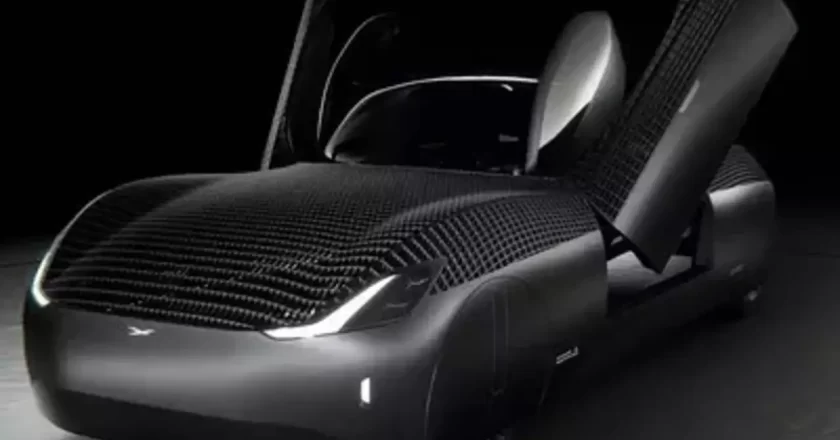Alef Aeronautics is a California-based startup that was founded by Jim Dukhovny in 2015. The Alef Model A, which is the company’s most recent prototype, can fly for 68 miles and is capable of vertical take-off. After the proposed vertical take-off, the Model A will rotate to its side and transform into a biplane with wings on the top and bottom.
In an interview with BBC, Professor Steve Wright, an aeronautical engineer in England, discusses the construction of the advanced electric car. He says, “The design is right on the ragged edge of what the physics and technology can do, which is where you would expect it to be.” The Model A has successfully transitioned into a biplane during scaled flights since 2018.
While the car will hopefully decrease traffic and make commuting more efficient, a pilot license is required to fly the vehicle. However, Alef later plans to market cars that only require a drone license to operate in order to make the vehicle more accessible. CEO Jim Dukhovy hopes that by 2030, the company will have manufactured a Model Z with a cost of $35,000.
Alef has yet to test the takeoff with a human passenger due to complications and the risk associated with the preliminary prototype. Despite the company’s goals to revolutionize transportation, it is up to the Federal Aviation Administration and other local governments to consider the idea of a sky populated with aircraft and drones.
Tim Draper, an early investor in Tesla and SpaceX, recently invested 3 million dollars in Alef due to its “unusual appearance” and the potential it has in the vehicle industry. Draper says, “I put more [money in] when I saw that they had created a small drone prototype that did exactly what they told me it would do. The design is extraordinary. The sides of the car become the wings when the plane goes horizontal.”
With this major investment, Alef prepares for the second round of prototype development. The company also hopes to compete in a market occupied by well-advanced rivals, such as AirCar and the Pal-V gyrocopter that are already flying and driving. Though this innovation has the potential to be life-altering, Alef and other flying car companies will initially distribute limited amounts of cars. Along with the limited accessibility, major cities are concerned about monitoring air traffic.
While there are several risk factors—such as an increase in pollution and potential accidents—that arise due to air travel, the innovation of flying cars just may change the future of transportation.

